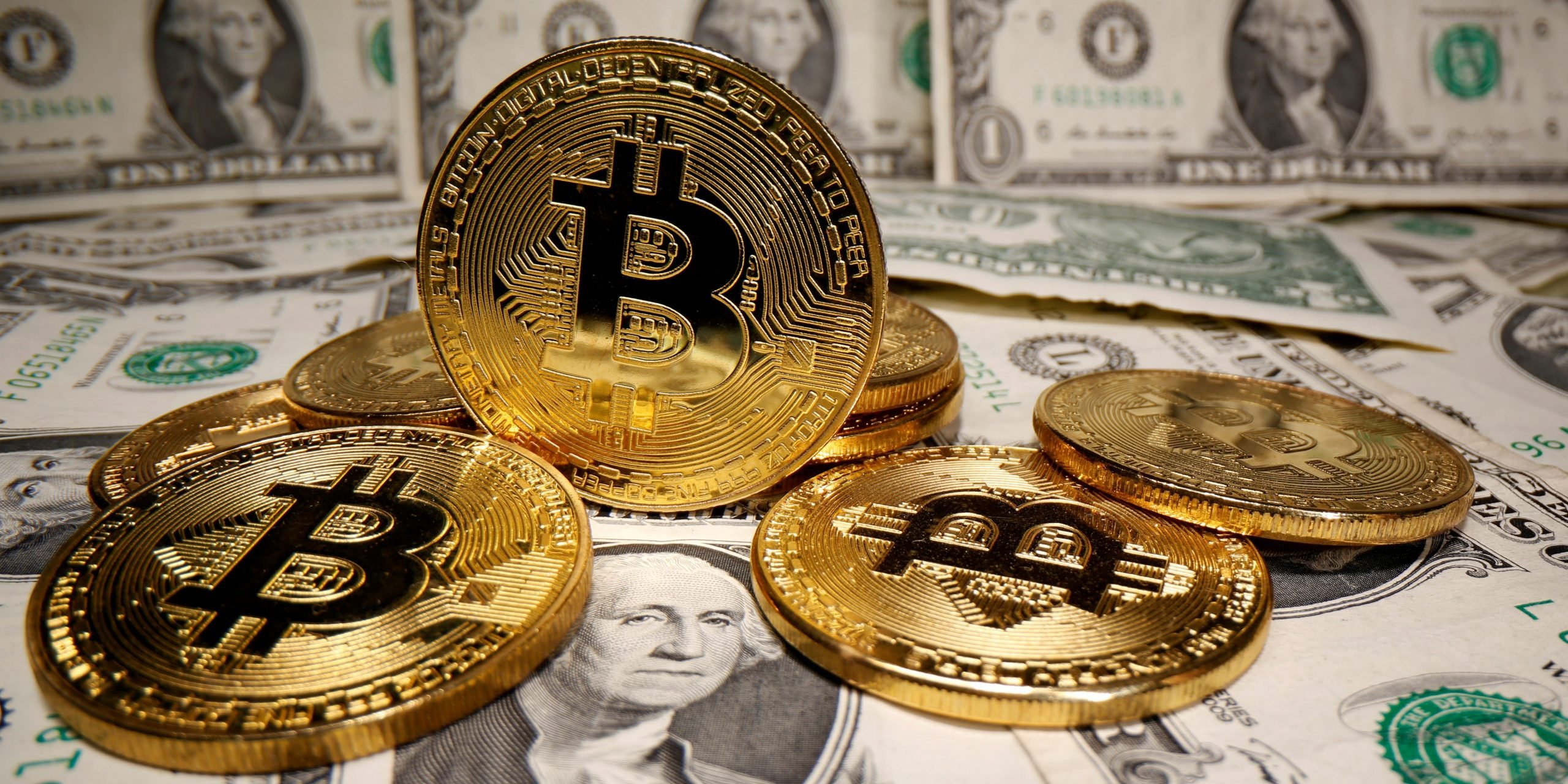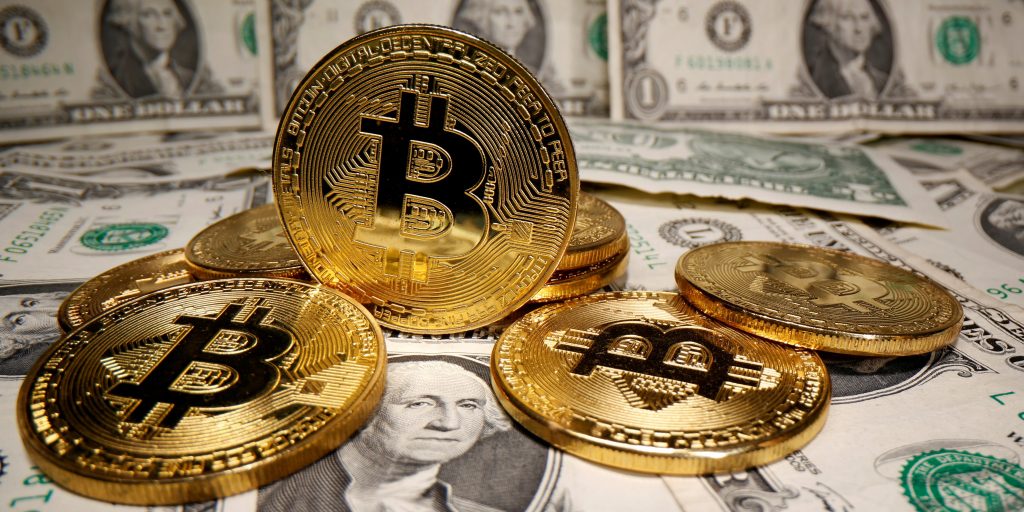
- Federal Reserve Governor Christopher Waller says he's "skeptical" that the US need a central bank digital currency.
- "I am not convinced as of yet that a CBDC would solve any existing problem," Waller said in prepared remarks Thursday.
- He speech comes before the widely expected publication of the Fed's research paper on CBDCs.
- See more stories on Insider's business page.
Federal Reserve Governor Christopher Waller said Thursday he's skeptical that the US central bank needs to create its own digital currency, making his remarks weeks before the Fed is expected to release a highly anticipated research paper that should address whether it should issue its own digital dollar.
Waller in a speech said private-sector innovations and other tools could perform a better job than a Fed-led digital currency in improving a range of issues in the country's payments system such as quickening the pace of payments. A central bank digital currency, or CBDC, would allow people to access central bank money digitally to hold and make payments.
"[While] CBDCs continue to generate enormous interest in the United States and other countries, I remain skeptical that a Federal Reserve CBDC would solve any major problem confronting the U.S. payment system," said Waller in prepared remarks for the American Enterprise Institute, a right-leaning think tank focusing on issues related to government, economics, politics, and social welfare.
"What problem would a CBDC solve? Alternatively, what market failure or inefficiency demands this specific intervention? After careful consideration, I am not convinced as of yet that a CBDC would solve any existing problem that is not being addressed more promptly and efficiently by other initiatives," said Waller, who became a Fed governor in December and previously served as director of research at the Federal Reserve Bank of St. Louis.
In terms of existing payments being too slow, Waller said a group of commercial banks recently developed an instant payment service known as RTP, and the Fed is creating its own instant payment service called FedNow. He said those services will move funds between account holders at US commercial banks immediately after a payment is initiated.
"While cross-border payments are typically less efficient than domestic payments, efforts are underway to improve cross-border payments as well," he said. "These innovations are all moving forward in the absence of a CBDC. Consequently, facilitating speedier payments is not a compelling reason to create a CBDC."
The Federal Reserve is working on a paper outlining its thinking on digital payments and is exploring a digital currency. Federal Reserve Chairman Jerome Powell has said he expects the paper to be released in September and that it's aimed to stimulate conversation on issues such as payments, data privacy and financial inclusion, among others.
Waller said there are potential risks associated with a CBDC. "But at this early juncture in the Fed's discussions, I think the first order of business is to ask whether there is compelling need for the Fed to create a digital currency. I am highly skeptical," he said.
In July, Powell told lawmakers cryptocurrencies have failed to become a viable payment method and that an official US digital currency could undercut the need for cryptocurrencies or stablecoins.
86% of central banks are exploring the benefits and drawbacks of central bank digital currencies, or CBDC, according to a 2020 survey by the Bank for International Settlements.

